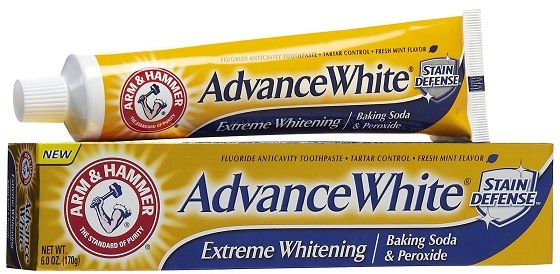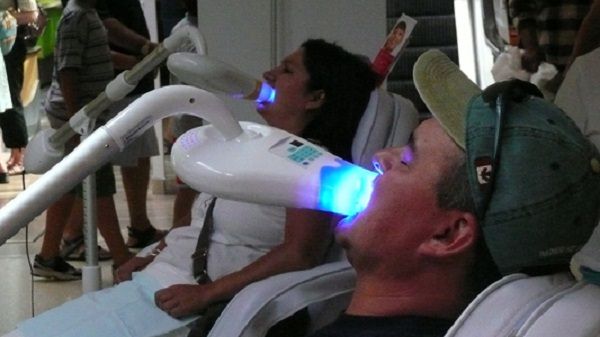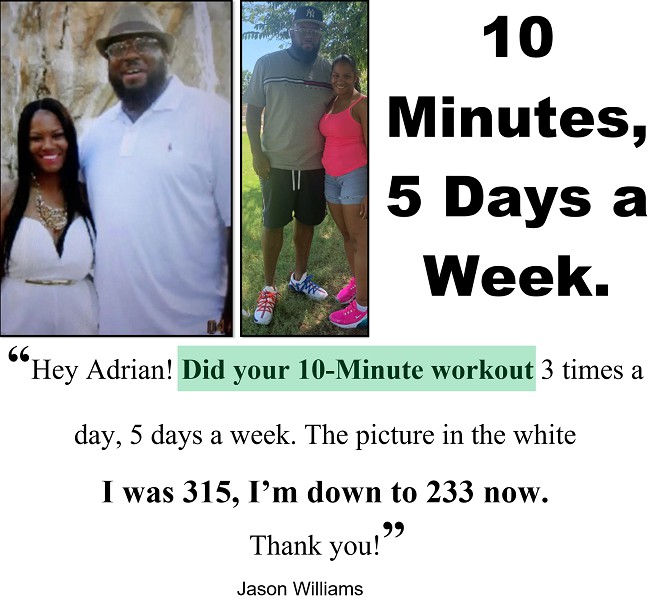Before You Consider a Teeth Whitening Treatment,
- Know what teeth whitening treatments are safe.
- How to spot a whitening scam.
- How to get the best whitening results.
the 5 Best Teeth Whitening Methods

1. Whitening Toothpaste
This type of toothpaste only lightens your teeth superficially by being a bit more abrasive than regular toothpaste, so it can remove staining on your teeth but not the internal color of your teeth.
Pros: This is great for removing stains. Don't use more than once a week though.
Risks: Whitening toothpastes cause sensitivity, are too abrasive on your teeth and lead to your gums receding. Brush gently when you use it and with proper technique.
2. Chewing Gum
Whitening sugarless chewing gum helps to remove food residue after eating. Chewing gum is known to stimulate saliva which helps to moisturize your mouth. The chewing gum whiteners actually coat your teeth to prevent staining so it can be used frequently.
3. Custom-Made Whitening Trays
This is said to give the best whitening results as your dentist makes trays which are custom-made for you, after taking impressions of your teeth. You put them into your mouth after squirting the hydrogen peroxide gel.
Your trays keep the whitening gel in place, the 3-D surfaces of your teeth, and also keep the gel away from the gums where it can do harm.
Pros: You'll get the best results at the best price. Once you have these trays made, then you can whiten your teeth for the rest of your life as long as your teeth don't shift. You can store the gel in your fridge and put the trays in your mouth whenever needed.
Risks: If you use gel that's too strong as well as leaving your trays in for too long, you risk the penetration of the hydrogen peroxide going too deep into your teeth, this can damage your tooth pulp.
Children are particularly at risk of this because they have larger pulps due to the size of their growing teeth. Damaging your tooth tissue can cause the death of the tooth.
4. Whitening Strips
These are small plastic strips which have a peroxide gel side you can apply to the outer surface of your teeth to create a whitening effect.
These strips can be used for up to 30 minutes a day for maximum results and can be repeated for a consecutive number of days according to the manufacturer's suggestion.
5. Professional Whitening at Your Dentist's Office
A high concentration of peroxide is applied to your teeth and a light is used which supposedly accelerates the chemical reaction and the whitening.
Pros: Great if you need to whiten your teeth quickly for an upcoming event. This is much safer and likely to succeed as your dentist will be present.
Risks: They're safe but you might not get the same results from wearing custom trays or white strips. The worst that can happen is that accelerating the chemical reaction damages your teeth leading to premature aging and yellowing and may require future dental work after your tooth dies prematurely.
4 Whitening Methods to Avoid
1. Zoom/Light/Halogen/LED/Laser Whitening

Studies have proven lights don't work to lighten your teeth. There is a possibility these machines can kill your teeth by devitalizing the nerve.
Anyone who runs this teeth-whitening institute have no healthcare and no license are dispensing chemicals that could permanently affect your teeth and gums.
They get around the law by having consumers place the whitening tray into their mouths themselves which according to the law, is not performing a dental procedure. The technicians performing all of this do not have the appropriate training nor can they follow-up if there are any issues after the procedure.
2. Whitening Mouthwash
Mouthwash contains the right whitening ingredients but it's not going to whiten your teeth. Bleach needs to be held up against the tooth for several minutes or more to seep into the inner part of your tooth and produce a color change, if done on a daily basis for a couple of weeks.
Everytime you rinse, you're exposing the sensitive inner tissues of your mouth and gums to bleach.
3. DIY Strawberry or Lemon Paste
These DIY pastes work as the top layer of enamel, revealing whiter enamel underneath. When enamel is worn away by acid, your teeth begin to look worn and discolored.
The acids in these DIY pastes speed up the aging process of your teeth. These DIY pastes are not recommended under any circumstances.
4. Activated Charcoal Teeth Whitening
- Most studies show activated charcoal has no effect on making teeth whiter.
- Activated charcoal is more likely to increase cavities.
- In cases where activated charcoal does whiten the teeth… it also wears away the white enamel because it is highly abrasive.
Article by dental blogger Shen Chao
Teeth Whitening at Home
- Make Your Teeth Whiter At-home
- 5 Foods That'll Mess up Your Teeth
- 6 Ways to Get Better Smelling Breath
- 6 Tricks for More Kissable Lips
